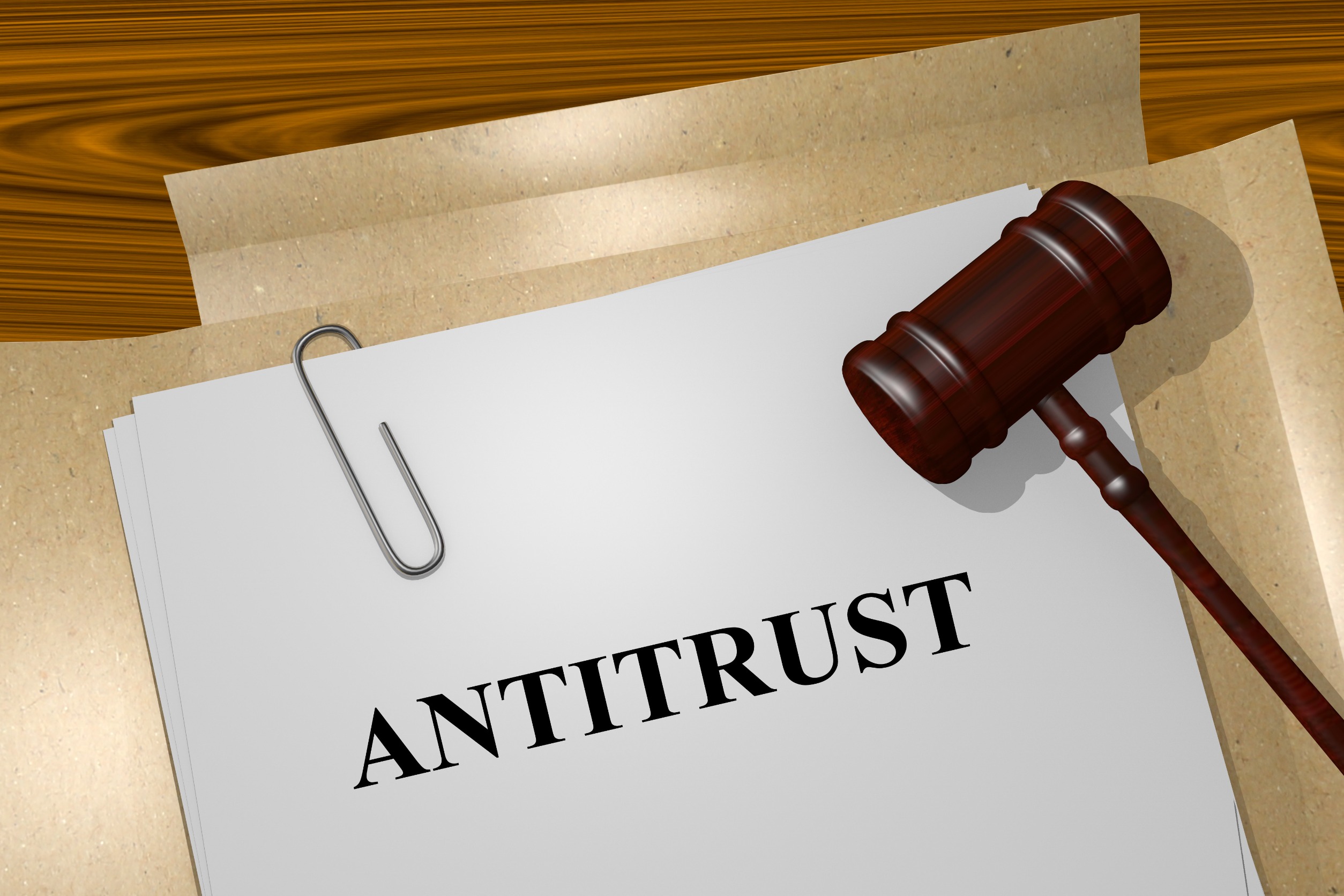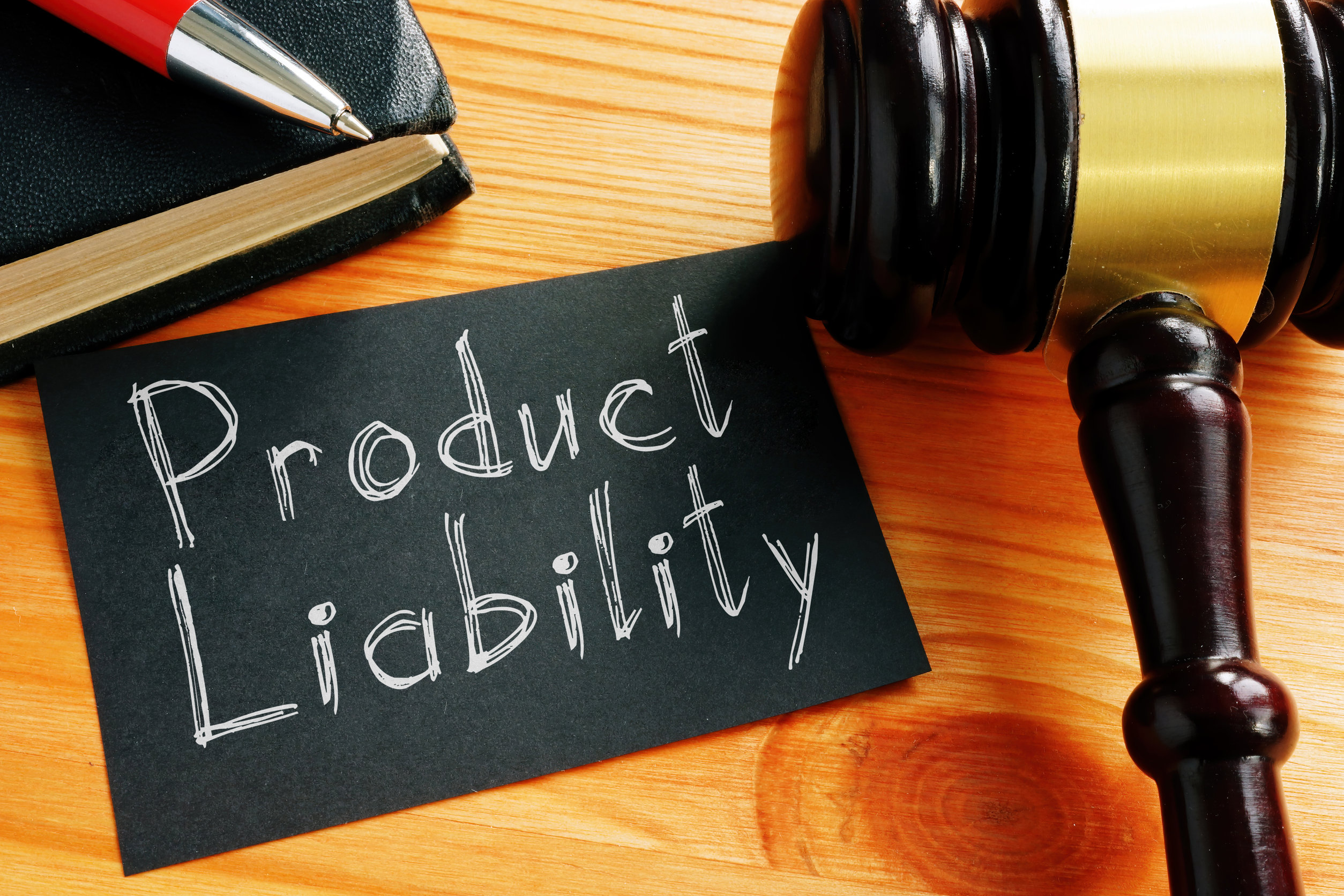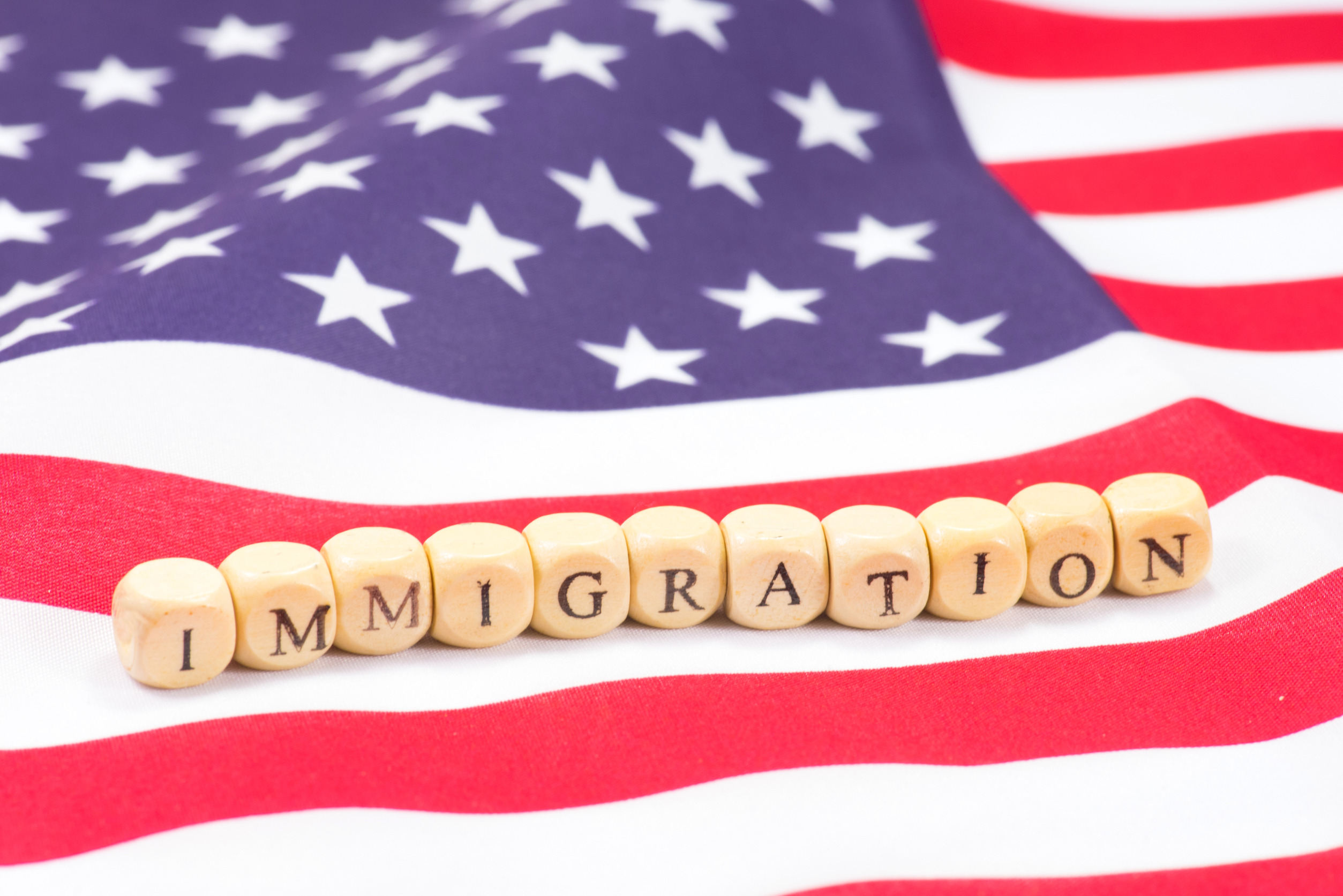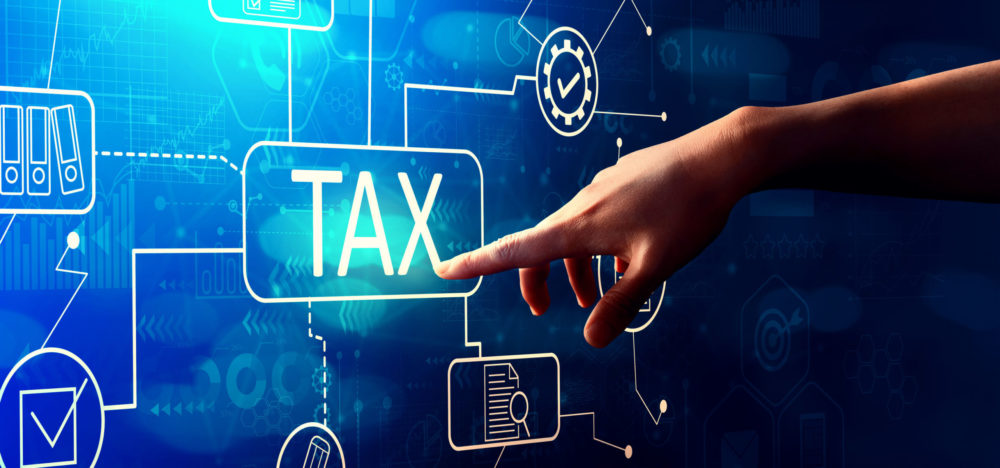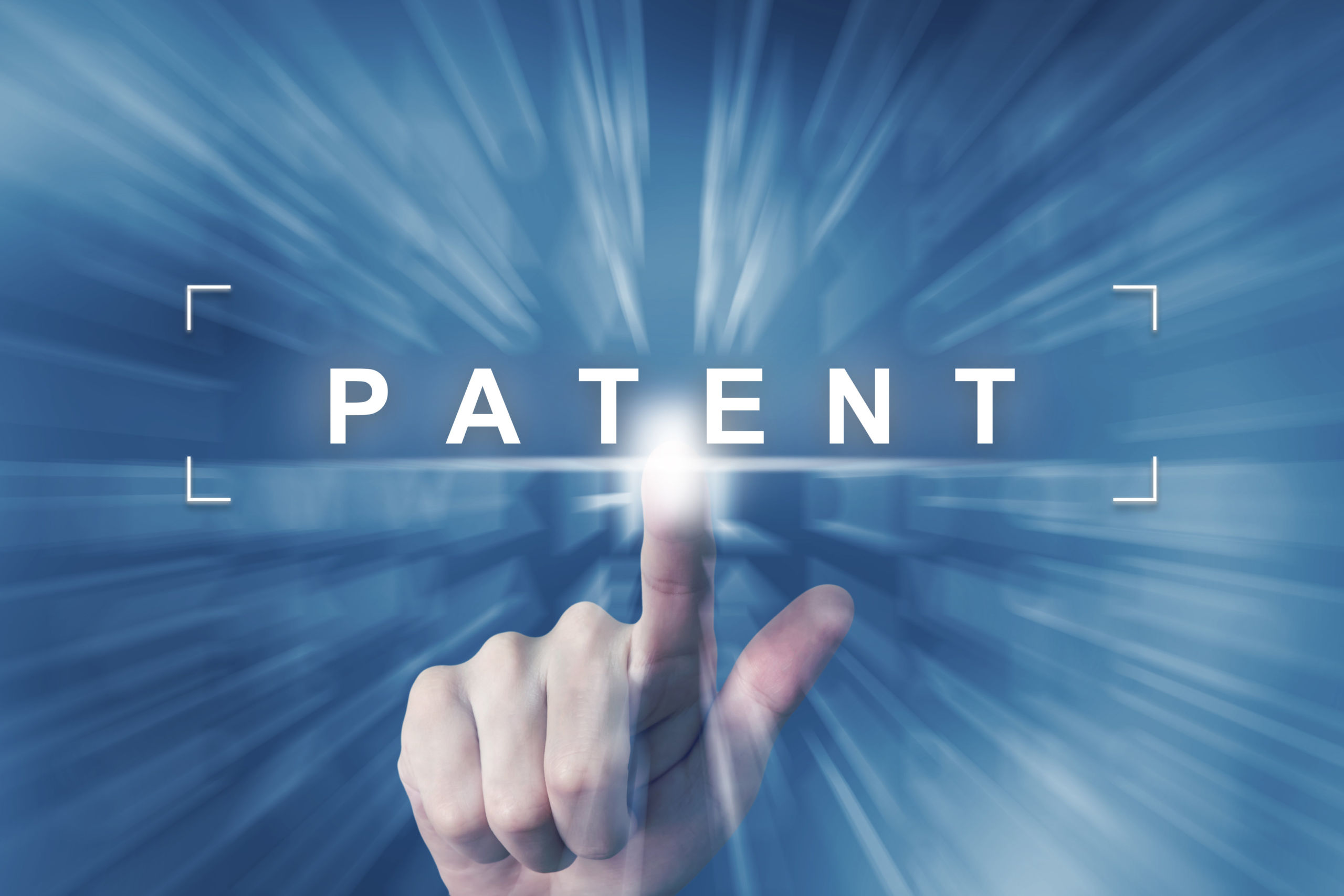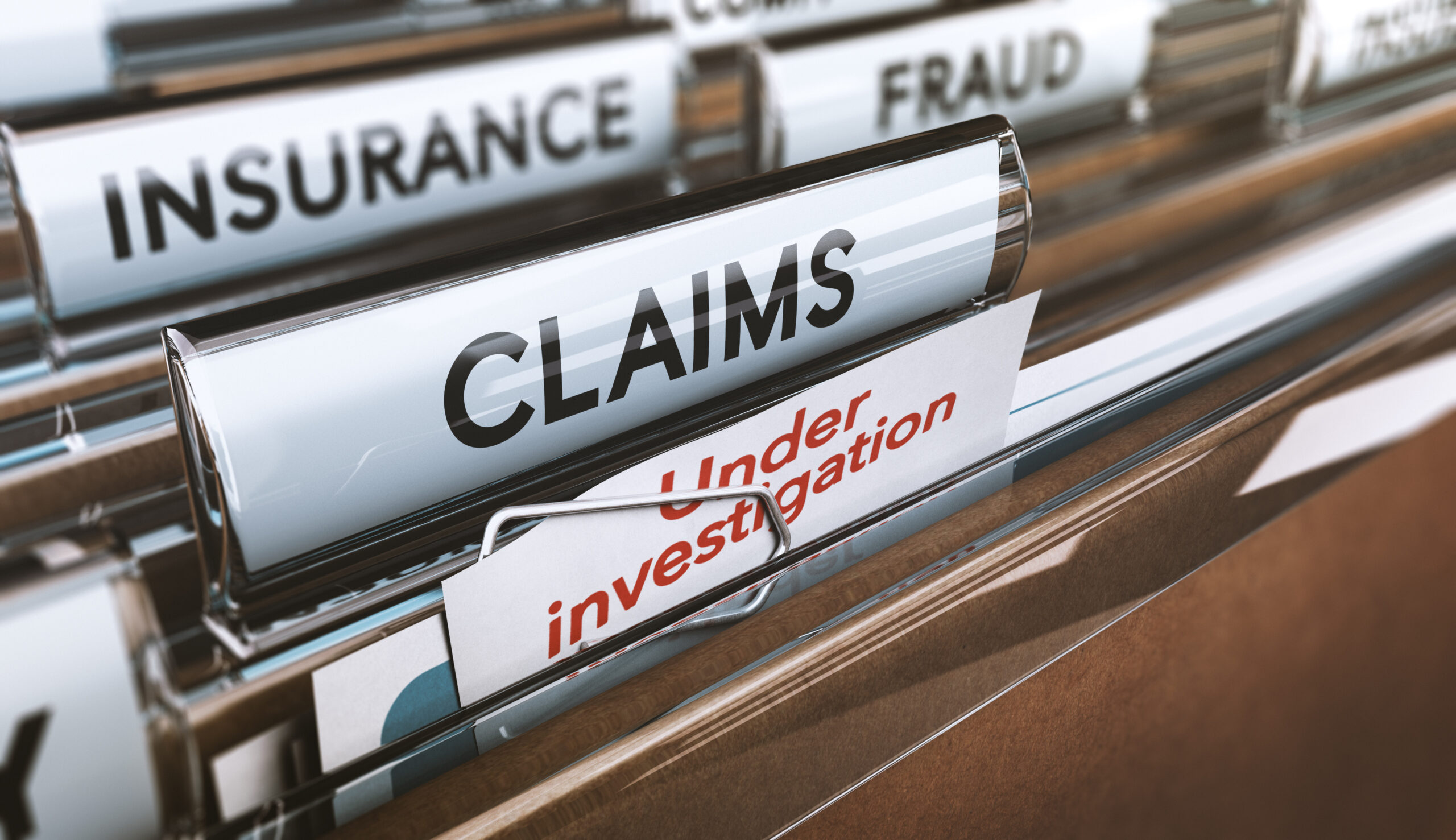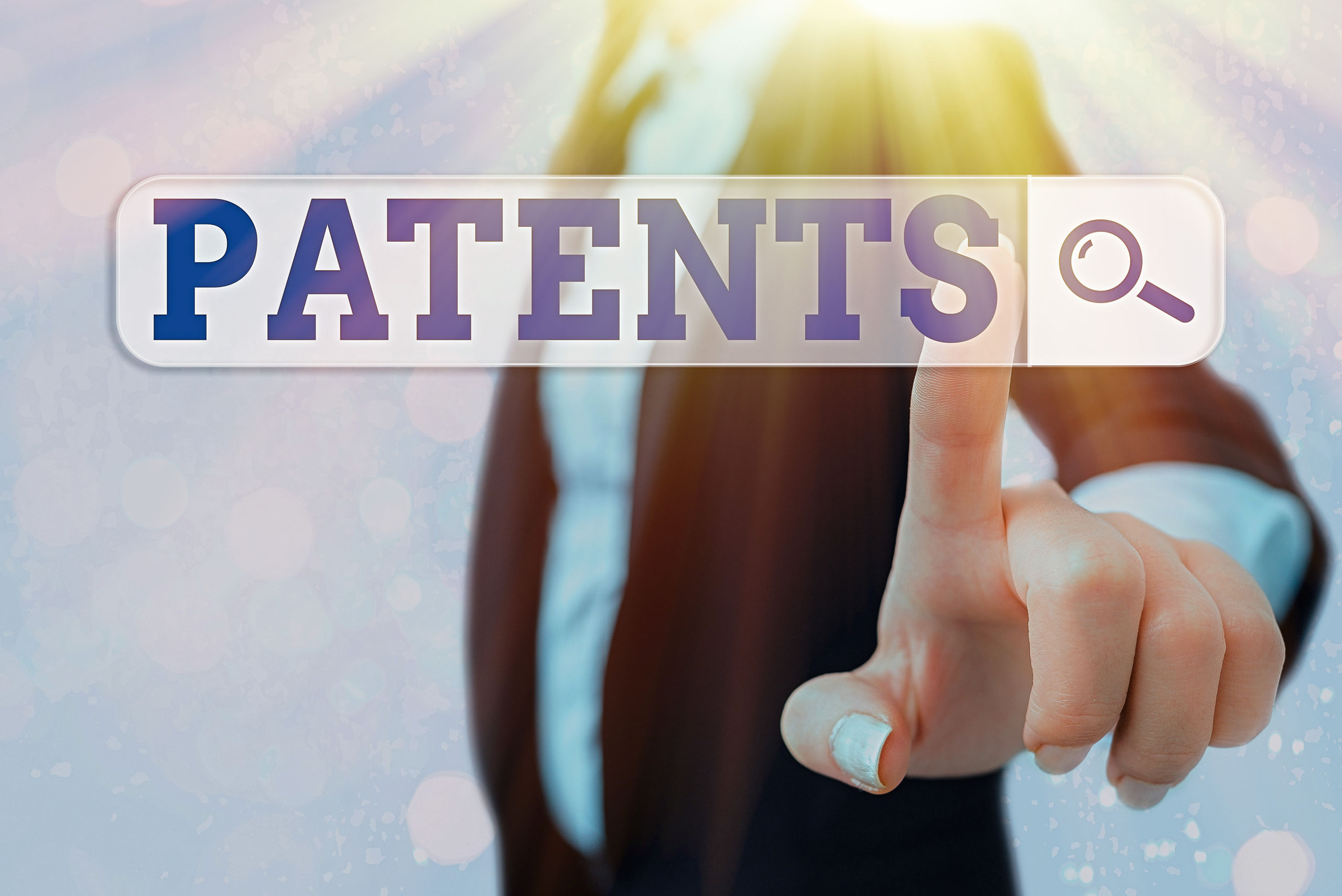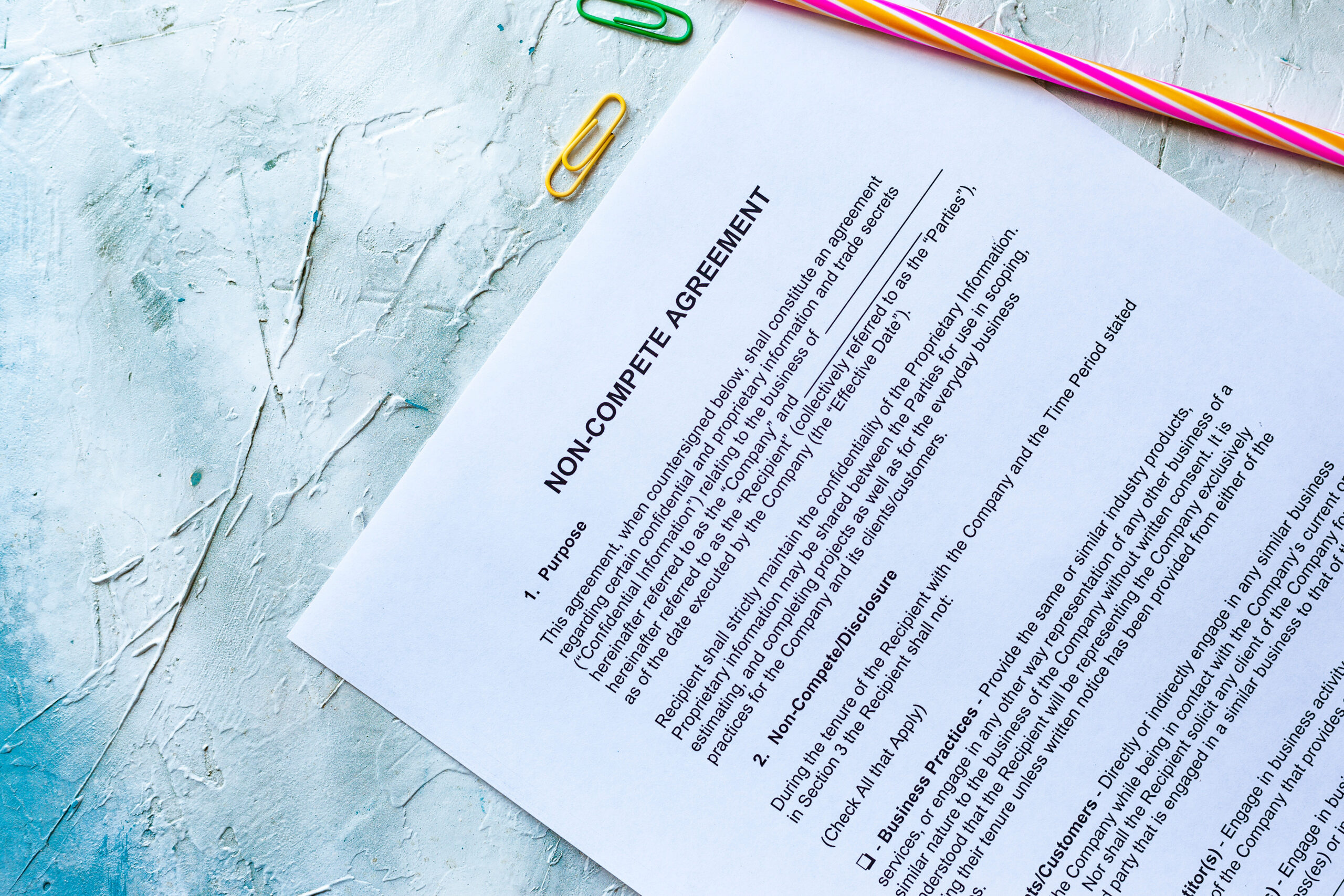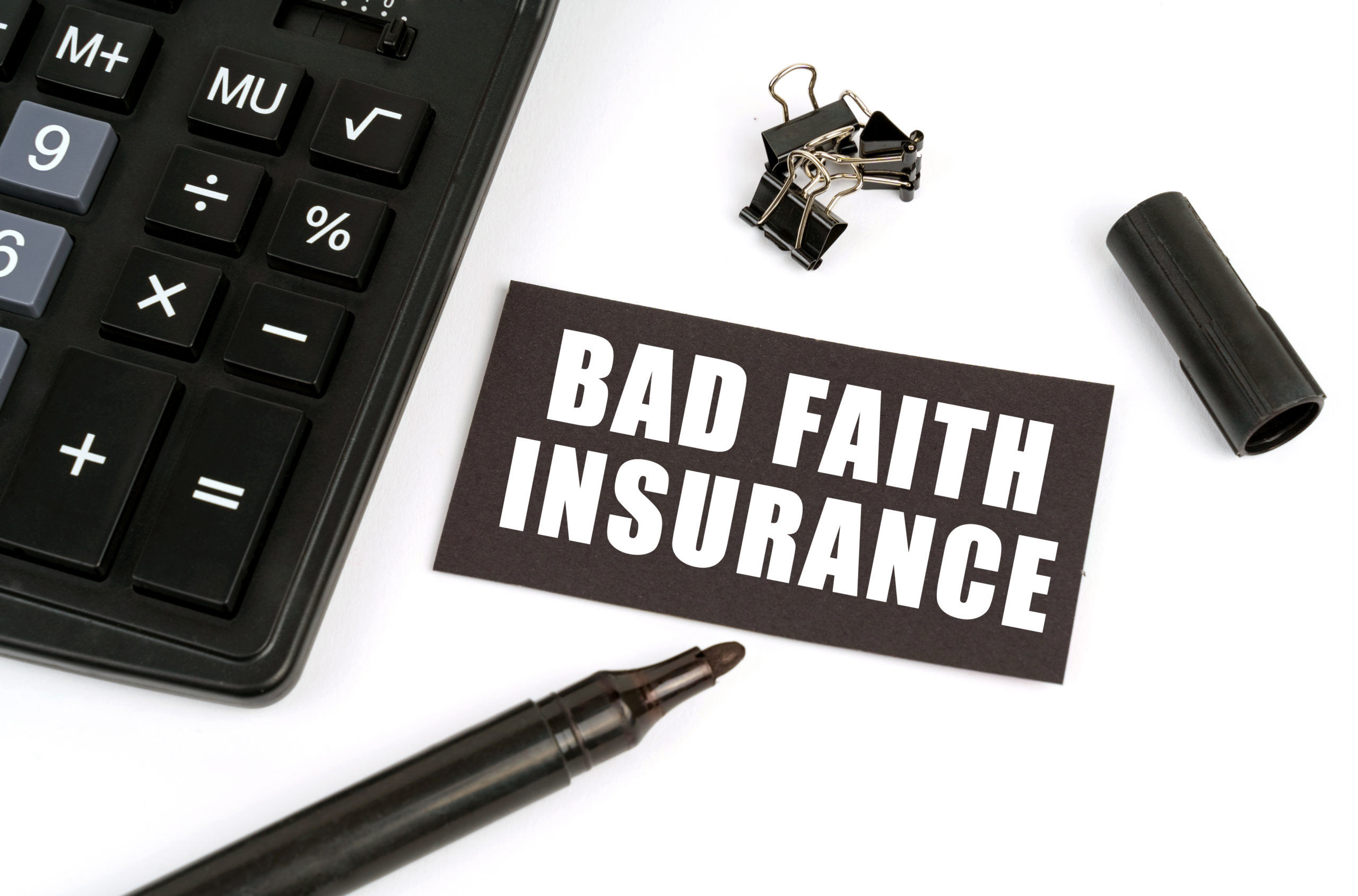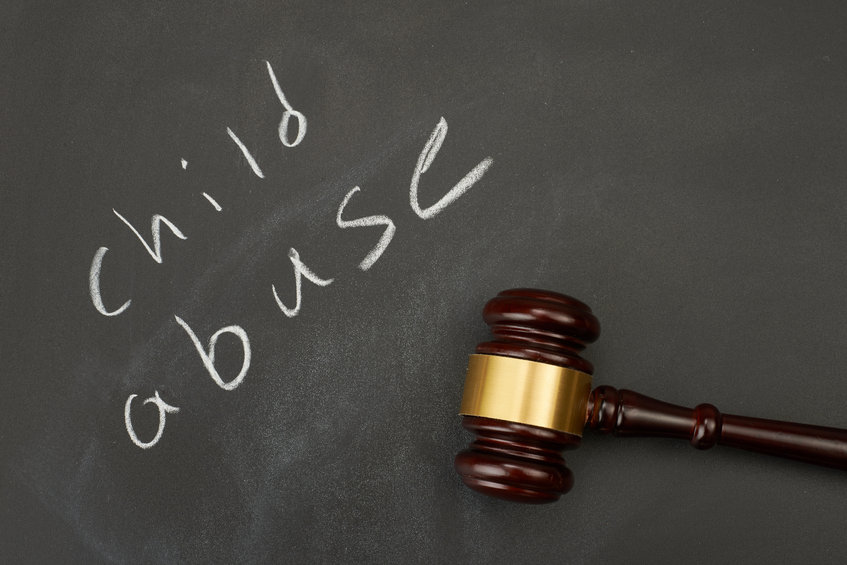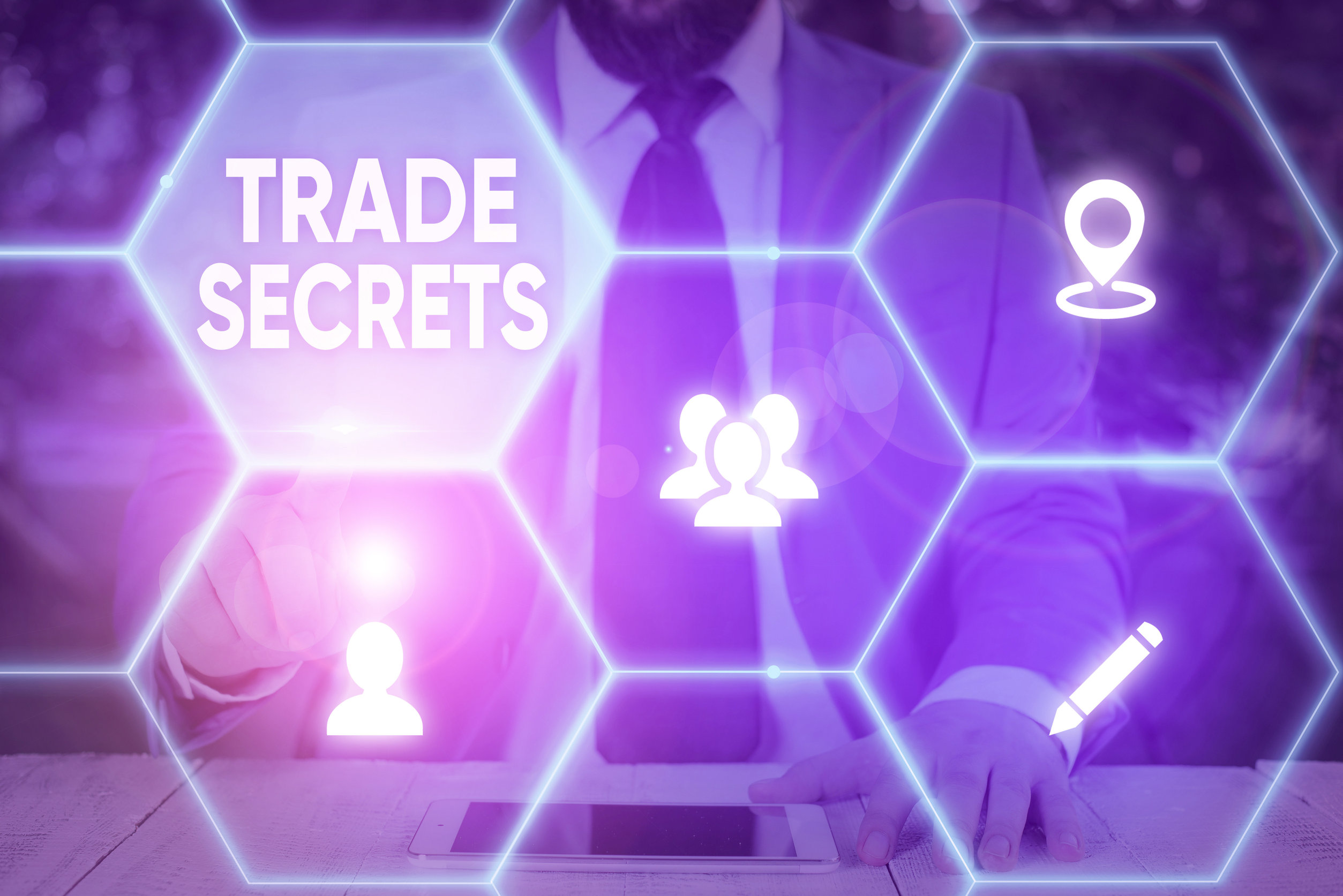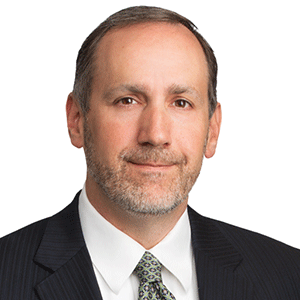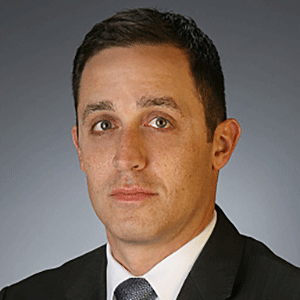Broadcast Date: Friday, May 29, 2020
from 3:00 pm to 4:30 pm (ET)
Overview:
By repealing the Professional and Amateur Sports Protection Act (PASPA) in a 6-3 decision last 2018, the Supreme Court cleared the way for U.S. federal states to legalize sports gambling. The act, which previously defined the legal status of sports betting in the U.S., was found unconstitutional on the grounds of states’ rights. With the decision, states have been given the freedom to decide the legality and limitations of sports betting within their borders. However, with the ever changing legal climate, any initiative taken going forward will tremendously impact the industry as a whole.
In this LIVE Webcast, a seasoned panel of thought leaders and professionals brought together by The Knowledge Group will provide the audience with an in-depth analysis of the recent developments in sports gambling and betting. Speakers will also present important issues surrounding this topic including the implications of the court’s ruling and an outlook of future trends.
Key topics include:
- Sports Gambling – An Overview
- The Supreme Court’s PASPA Decision
- Status of Sports Gambling in Each State
- Opportunities and Limitations
- What Lies Ahead
Credit:
Course Level:
Intermediate
Advance Preparation:
Print and review course materials
Method of Presentation:
On-demand Webcast (CLE)
Prerequisite:
General knowledge of gambling law
Course Code:
148680
NY Category of CLE Credit:
Areas of Professional Practice
Total Credits:
1.5 CLE
How to Claim CLE Credits Per State:
https://knowledgewebcasts.com/how-to-claim-cle-credits-per-state/
CLE State Requirements:
https://knowledgewebcasts.com/cle-state-requirements/
CPE State Requirements:
Speaker Panel:
William P. Devereaux, Principal
Pannone Lopes Devereaux & O'Gara LLC
William P. Devereaux is a Principal with Pannone Lopes Devereaux & O’Gara LLC and leads the firm’s Criminal Defense Team. He is a prominent and highly respected litigator with over 35 years of experience successfully representing high-profile individuals and public, private and nonprofit organizations. Attorney Devereaux routinely appears before state and federal courts and administrative agencies in defense of his clients. He has extensive experience in gaming law and regulations and has represented developers, municipalities and Native American Tribes with respect to gaming, licensing, permitting and contracting issues involving state and federal laws and the Indian Gaming Regulatory Act. He has been recognized by his peers and judges with the AV Preeminent rating from Martindale Hubbell, which is the highest rating based on both legal ability and ethics, and selected annually by his peers and clients to the list of “Best Lawyers in America” and Super Lawyers in his practice area. He earned his JD from Suffolk University School of Law and his undergraduate degree from Wesleyan University. He is also a retired Captain in the United States Naval Reserve. He is admitted to practice law in Rhode Island, Massachusetts, the U.S. District Courts for the Districts of Rhode Island and Massachusetts, the First Circuit Court of Appeals and the U.S. Court of Military Appeals for the Armed Forces.
Dennis M.P. Ehling, Partner
Blank Rome LLP
Dennis has significant experience representing clients in the highly-regulated gaming industry including both transactional and litigation matters, as well as handling complex confidential investigations and regulatory proceedings. He has particular knowledge in the area of online gaming and wagering, sports wagering and regulation, and eSports, and represents clients in, and counsels clients on the regulatory and business implications of:
- new media, markets, and technologies
- licensing
- financing
- mergers and acquisitions
- sweepstakes and promotions
- electronic payment facilities (including traditional and blockchain)
In addition, Dennis advocates on behalf of gaming entrepreneurs and operators in all types of civil litigation, including:
- securities disputes
- intellectual property disputes
- antitrust disputes
- contractual disputes
- criminal investigations
His clients include well-known casino operators, gaming equipment manufacturers, racing and wagering operators, internet operators, Native American gaming interests, professional sports teams, payment providers, vendors, investment funds, and other companies that invest in, or provide services to, the gaming or racing industry.
Adam L. Marchuk, Partner
Perkins Coie LLP
Trial attorney Adam Marchuk handles intellectual property and complex commercial cases. Adam has served as first-chair trial counsel, second-chair trial counsel, and a member of trial teams in patent infringement, unfair competition, false advertising, fraud, and breach of contract cases. He has led and played significant roles on cases in a variety of industries, including healthcare, life sciences and medical device, food and beverage, software and electronics, winning more than $40 million for clients when representing plaintiffs, and defeating hundreds of millions in damages claims when representing defendants. He also has led, and successfully argued, multiple federal appeals.
Adam also has gained substantial experience in the areas of internet and casino gaming and sports wagering. In 2019, Adam testified to the Illinois House of Representatives, Judiciary Committee, on the Illinois Sports Wagering Act.
Agenda:
SEGMENT 1:
William P. Devereaux, Principal
Pannone Lopes Devereaux & O'Gara LLC
- Early days of horse racing “betting” to the late 90’s; mob sanctioned “bookies” and all that entails;
- Last part of the 20th century and changes in public attitude, i.e. “Super Bowl”, “March Madness”;
- Proliferation of weekly college and NFL football cards, and the major influence of state lotteries, fantasy football growth;
- How courts, law enforcement react – light sentences, etc.
- Dramatic shift in public support for sports gambling between 2010 and 2014 – four states had already been “grandfathered in” and were exempt from Federal anti-gambling laws (Nevada, Montana, Delaware and Oregon).
- Finally, the State of New Jersey passing a law allowing sports gambling which triggered a case that ultimately was decided by the Supreme Court - Murphy v. NCAA.
SEGMENT 2:
Dennis M.P. Ehling, Partner
Blank Rome LLP
Legislation highlights:
- In 2020, we are seeing legislation and regulation moving quickly, where it can, especially when facing a deadline
- Virginia
- Maryland
- Michigan
- Most states enacting new legislation are allowing mobile sports wagering
- NJ, PA, Iowa, Indiana, Illinois, Colorado, Michigan, VA, Maryland, West VA, Tennessee – and single-operators states New Hampshire, Oregon (lottery/SB Tech), Rhode Island – even when not allowing online casino gaming (except NJ and PA)
- But not Mississippi, Montana, New Mexico.
- The reason is simple: sports wagering is a lower-margin business than casino gaming and operators have successfully argued in these states that broadly-available sports wagering is the most economically viable (and most lucrative tax source). and that mobile sports wagering should be broadly-available to combat the black-market sites.
- Competing interests:
- Online vs. In-Person sign-up requirements – ease expansion/increase revenue vs. supporting brick & mortar establishments
- Horse racing example
- Mobile-only licensees vs. Only casino licensees
- Online vs. In-Person sign-up requirements – ease expansion/increase revenue vs. supporting brick & mortar establishments
- Wagering on college sports? To allow or not allow?
- New York, California, Florida, Texas have not really moved
- New York – 4 upstate casinos see retail gaming; little progress on expanding availability throughout the state; tied to down-state casino expansion; some legislators trying to put into budget; Gov Cuomo not supportive; will likely require referendum to amend NY constitution
- California – Political quagmire; a group of tribes, led by Pechanga band of Luiseno Indians (Temecula, CA) have proposed a ballot initiative (which would allow sports wagering at 5 physical tribal locations and racetracks, but not card clubs, and would allow tribes to expand to offer craps and roulette games), and are reportedly about ½ of the way to getting required number of signatures – deadline in mid-June; if not passed this year, another initiative could not be proposed to voters until 2022. Support is hardly universal – only 18 of 65 CA tribes support it, competing legislative constitutional amendment (ACA 16, SCA 6) could blunt it, card rooms (which have a local community political base) and pro stadiums are excluded, and would not allow statewide mobile gaming, and would bar wagering on college sports.
- Florida – Negotiations ongoing with Seminole Tribe to give it exclusivity over sports betting in Florida, as part of trying to solve a quagmire created by (1) a 2016 US District Court ruling that Florida breached tribal exclusivity on banked card games by allowing pari-mutuel facilities to use a designated player system as a workaround, and (2) a 2018 ballot initiative passed by voters that requires any expansion of gambling outside tribes and the lottery to be initiated by voters, not the legislature.
- Texas – Efforts in the 86th Legislative Session died in 2019. The Texas Legislature does not meet in 2020, and Texas lawmakers have repeatedly shown hesitancy to support any kind of casino expansion (see fantasy sports)
- Data control
- Official league statistics
- More legislatures recently are tending to give some primacy to official league data, but see NJ, PA
- Ownership of wagering data
- Integrity
- Commercial benefit
- Ownership of customer data (particularly in contracted operator states)
- Official league statistics
- Impact of COVID-19
SEGMENT 3:
Adam L. Marchuk, Partner
Perkins Coie LLP
- Key Issues re: State Legislation
- Online v. in-person registration for mobile wagering
- In general, most stakeholders support mobile wagering
- NY/PA (as examples) show that majority of wagering is online/mobile
- A key issue in most states debating/passing sports wagering legislation is whether to allow residents to register for internet/mobile wagering online, or require in-person registration at tracks/casino
- Discuss policy objectives/arguments behind both approaches
- Online: drive revenue for state; covert bettors from offshore accounts
- In-persons: drive casino patronage, local investment and employment; measured approach to new form of (internet) gambling
- Use data from NJ/PA (which allow online registration) v. Iowa (which requires in-person registration) and recent surveys about bettor attitudes regarding in-person registration
- Look at conversion rate of DFS players to mobile sports betters as reasons to support/object to online registration
- Market access: Pure online licenses v. contract with casinos/tracks
- Most states require online operators to have contract with brick and mortar casinos/track to gain market assess
- Some states allow/will allow co-branding and/or online licensees to operate independently
- Other potential issues:
- Licensee fees (high/potentially prohibitive in some states)
- Use of official league data
- Online v. in-person registration for mobile wagering
- Key Trends: Customer Acquisition Strategies
- Significant DFS-sports betting crossover
- Potential cross-selling with Casino gaming (where allowed)
- Increasing agreements with media outlets (e.g., Penn National and Barstool Sports) to increase market reach and advertising base
Date & Time:
Friday, May 29, 2020
3:00 pm to 4:30 pm (ET)
Who Should Attend:
- Gambling and Gaming Law Attorneys
- Online Gambling Operators and Regulators
- Sports Betting Site Administrators and Managers
- General Counsel
| Image | Name | Summary | Price | Buy |
|---|---|---|---|---|
| Antitrust 'No-Poach' Agreement Enforcement: Key Focus Areas in 2024 | CLE: 1.5 Credits | Broadcast Date: Check back for updates or Click Here and get notified of the new date | Price Includes CLE & Recording | $69.00 | ||
| Antitrust & IP Landscape: Navigating the Challenges of AI & Algorithm | CLE: 1.0 | Broadcast Date: Monday, December 9, 2024 from 12:00 PM to 1:00 PM (ET) | Price Includes CLE & Recording | $69.00 | ||
| Asbestos Litigation: Demystifying Trends, Developments, and Defense Strategies | CLE: 1.0 Credit | Broadcast Date: Thursday, May 26, 2022, from 12:00 PM to 1:00 PM ET | Price Includes CLE & Recording | $69.00 | ||
| Asbestos Litigation: What's Changing in 2024 and Beyond | CLE: 1.5 Credit | Broadcast Date: Tuesday, July 9, 2024, from 12:00 pm to 1:30 pm (ET) | Price Includes CLE & Recording | $69.00 | ||
| Breaking Ground: Mastering Patent Eligibility in the Realm of ML, AI, and Software Innovations | CLE: 1.0 Credit | Broadcast Date: Monday, July 29, 2024, from 3:00 pm to 4:00 pm ET | Price Includes CLE & Recording | $69.00 | ||
| Cannabis Unleashed: Unveiling Legal and Business Fundamentals | CLE: 1.0 | Broadcast Date: Tuesday, June 4, 2024, from 12:00 PM to 1:00 PM (ET) | Price Includes CLE & Recording | $69.00 | ||
| Cartel Investigations: A Blueprint for Defense | CLE: 1.5 Credits | Broadcast Date: Tuesday, May 21, 2024, from 12:00 PM to 1:30 PM ET | Price Includes CLE & Recording | $69.00 | ||
| Class Action Litigation: A Comprehensive Guide to Recent Developments and Best Practices | CLE: 1.5 Credits | Broadcast Date: Thursday, August 8, 2024, from 12:00 PM to 1:30 PM (ET) | Price Includes CLE & Recording | $69.00 | ||
| CLE Processing | Online Payment for CLE Processing | $35.00 – $150.00 | ||
| Cybersecurity Management: Best Practices in a Remote Environment | CLE: 1.5 Credits | CPE: 1.5 Credits (Not eligible for QAS (On-demand) CPE credit) | Broadcast Date: Thursday, April 22, 2021 from 12:00 pm to 1:30 pm (ET) | Price Includes CLE & Recording | $69.00 | ||
| Demystifying Economic Sanctions: Strategies for Success in a Global Economy | CLE: 1.0 Credit | Broadcast Date: Tuesday, May 14, 2024, from 12:00 pm to 1:00 pm ET | Price Includes CLE & Recording | $69.00 | ||
| Demystifying Recent Trends in PFAS Litigation: Product Liability and Beyond | CLE: 1.0 Credit | Broadcast Date: Wednesday, September 11, 2024, from 12:00 PM to 1:00 PM (ET) | Price Includes Recording | $69.00 | ||
| Employer-Based Immigration Changes Under the Trump Administration: Navigating the Shifting Landscape | CLE: 2.0 Credit | Broadcast Date: Thursday, January 30, 2025, from 12:00 to 2:00 PM (ET) | Price Includes CLE Credits & Recording | $69.00 | ||
| Executive Compensation: Hot Topics and Emerging Trends | CLE: 1.0 Credits| Broadcast Date: Monday, November 18, 2024, from 12:00 PM to 1:00 PM (ET) | Price Includes Recording | $69.00 | ||
| Hatch-Waxman Case-Law Developments and New Jersey Practice Insights | CLE: 1.0 Credit | Broadcast Date: Wednesday, October 23, 2024, from 12:00 PM to 1:00 PM (ET) | Price Includes CLE & Recording | $69.00 | ||
| Mastering the Art of Demonstrating and Recouping Lost Profit Damages: A Hands-On Guide | CLE: 1.0 Credit | Broadcast Date: Tuesday, November 12, 2024. from 12:00 PM to 1:00 PM (ET) | Price Includes CLE & Recording | $69.00 | ||
| Maximizing Your Innovation ROI: R&D Tax Credits in 2024 and Beyond | CLE: 1.0 CLE | 1.0 CPE (Not eligible for QAS (On-demand) CPE credit) | Broadcast Date: Thursday, March 28, 2024, from 12:00 PM to 1:00 PM ET | Price Includes CLE & Recording | $69.00 | ||
| Navigating Challenges in Patent Damages Analysis: Key Considerations for Litigants and Counsel | CLE: 1.0 Credit | CPE: 1.0 Credit (Not eligible for QAS (On-demand) CPE credit) | Broadcast Date: Wednesday, December 13, 2023, from 12:00 pm to 1:00 pm (ET) | Price Includes CLE & Recording | $69.00 | ||
| Navigating Double Patenting in the USPTO Era of Rulemaking | CLE: 1.5 Credits | Broadcast Date: Tuesday, February 25, 2025, from 12:00 PM to 1:30 (ET) | Price Includes CLE Credits & Recording | $69.00 | ||
| Navigating Insurance Claims: Tips for Policyholders and Best Practices for Adjusters | CLE: 1.0 Credits | Broadcast Date: Thursday, May 9, 2024, from 12:00 PM to 1:00 PM ET | Price Includes CLE & Recording | $69.00 | ||
| Navigating the Evolving Patent Damages Landscape: Key Insights and Best Practices | CLE: 1.0 Credits | Broadcast Date: Thursday, June 27, 2024, from 12:00 PM to 1:00 PM (ET) | Price Includes CLE & Recording | $69.00 | ||
| Navigating the FTC's Final Rule on Noncompete Agreements: Critical Insights for Employers | CLE: 1.5 Credits| Broadcast Date: Wednesday, September 4, 2024, from 12:00 PM to 1:30 PM (ET) | Price Includes CLE Credits & Recording | $69.00 | ||
| Preventing Ransomware Attacks: A Practical Guide to Enhancing IT Security and Resiliency | CLE: 1.5 Credits | Broadcast Date: Monday, September 13, 2021 from 12:00 pm to 1:30 pm (ET) | Price Includes CLE & Recording | $69.00 | ||
| Protecting Your Business: Latest Developments in Product Liability Law for Manufacturers and Sellers | CLE: 1.0 Credit | Broadcast Date: Friday, January 10, 2025, from 12:00 PM to 1:00 PM (ET) | Price Includes CLE Credits & Recording | $69.00 | ||
| Speaker Preferred Package (Online Payment) | Speaker Preferred Package (for Credit Payment processing) | $599.00 – $799.00 | ||
| Sponsorship | Online Payment for Sponsorship | $5,500.00 – $15,000.00 | ||
| Supercharging Privilege Review With AI, Analytics, and Automation | CLE: 1.0 Credit| Broadcast Date: Friday, February 25, 2022 from 12:00 pm to 1:00 pm (ET) | Price Includes CLE & Recording | $69.00 | ||
| The Future of Insurance Claims: Using Generative AI to Combat Bad Faith | CLE: 1.5 Credits| Broadcast Date: Wednesday, December 18, 2024, from 12:00 PM to 1:30 PM (ET) | Price Includes CLE Credits & Recording | $69.00 | ||
| The Hows and Whys of Child Abuse Reporting: A Comprehensive Ethical Guide for Lawyers | CLE: 2.0 Credits | Broadcast Date: Wednesday, June 29, 2022 from 12:00 pm to 2:00 pm (ET) | Price Includes CLE & Recording | $69.00 | ||
| The SEC’s New Pay Versus Performance Rule: 2024 Guidance for Companies and Investors | CLE: 1.0 | Broadcast Date: Wednesday, November 6, 2024, from 12:00 pm to 1:00 pm ET | Price Includes CLE & Recording | $69.00 | ||
| Trade Secrets, and What You Need to Know to Protect Them | CPE: 2.0 Credits | Broadcast Date: Thursday, December 5, 2024, from 12:00 PM to 2:00 PM (ET) | Price Includes CLE Credits & Recording | $69.00 | ||
| Trade Secrets: The New Frontier of Intellectual Property | CLE: 2.0 |CPE: 2.0 (Not eligible for QAS (On-demand) CPE credit) | Broadcast Date: Thursday, April 11, 2024, from 12:00 PM to 2:00 PM ET | Price Includes CLE & Recording | $69.00 | ||
| Understanding R&D Tax Credits and Amortization: Navigating Changes and Maximizing Benefits | CLE: 1.5 Credits | CPE: 1.5 Credits (Not eligible for QAS (On-demand) CPE credit) | Broadcast Date: Wednesday, August 30, 2023 from 12:00 PM to 1:30 PM (ET) | Price Includes CLE & Recording | $69.00 | ||
| Unlocking Innovation: Navigating Patentability for ML, AI, and Software Inventions | CLE: 1.5 Credits | Broadcast Date: Monday, March 25, 2024, from 12:00 PM to 1:30 PM ET | Price Includes CLE & Recording | $69.00 | ||
| Winning Patent Litigation: Essential Strategies and Tactics | CLE: 1.0 Credit | Broadcast Date: Wednesday, April 25, 2024 from 12:00 PM to 1:00 PM ET | Price Includes CLE & Recording | $69.00 | ||
| Practical Trademark Perspectives from U.S. and Canadian Counsel | CLE: 1.5 Credits | Broadcast Date: Tuesday, September 28, 2021 from 3:00 to 4:30 PM ET | Price Includes CLE & Recording | $69.00 | ||
| Effectively Manage KYC Compliance: Keep Up with the Times by Getting Back to Basics | CLE: 1.0 Credit | Broadcast Date: Wednesday, August 11, 2021 from 3:00 PM to 4:00 PM ET | Price Includes CLE & Recording | $69.00 | ||
| OFAC Regulations and the Economic Sanctions Compliance Programs: Best Practices | CLE: 1.0 | Broadcast Date: Thursday, September 29, 2022 from 12:00 pm to 1:00 pm (ET) | Price Includes CLE & Recording | $69.00 | ||
| 'Zombie' LIBOR for USD Contracts: Navigating the Critical Issues | CLE: 1.0 Credit | CPE: 1.0 Credit (Not eligible for QAS (On-demand) CPE credits) | Broadcast Date: Wednesday, May 12, 2021 from 12:00 pm to 1:00 pm (ET) | Price Includes CLE & Recording | $69.00 | ||
| Calculating Lost Profits in Construction Claims: A Practical Guide | CLE: 1.0 Credit | CPE : 1.0 Credit (Not eligible for QAS (On-demand) CPE credits) | Broadcast Date: Monday, January 25, 2021 from 12:00 pm to 1:00 pm (ET) | Price Includes CLE & Recording | $69.00 | ||
| False Claims Act and COVID-19 Implications: Key Considerations and Best Practices | CLE: 1.0 Credit | CPE: 1.0 Credit (Not eligible for QAS (On-demand) CPE credits) | Broadcast Date: Wednesday, February 24, 2021 from 12:00 pm to 1:00 pm (ET) | Price Includes CLE & Recording | $69.00 |
Join Over 160,000 Professionals Empowering Their Careers
Learn anywhere from over 3000+ live and recorded CLE, CPE & Technology Webcasts.



